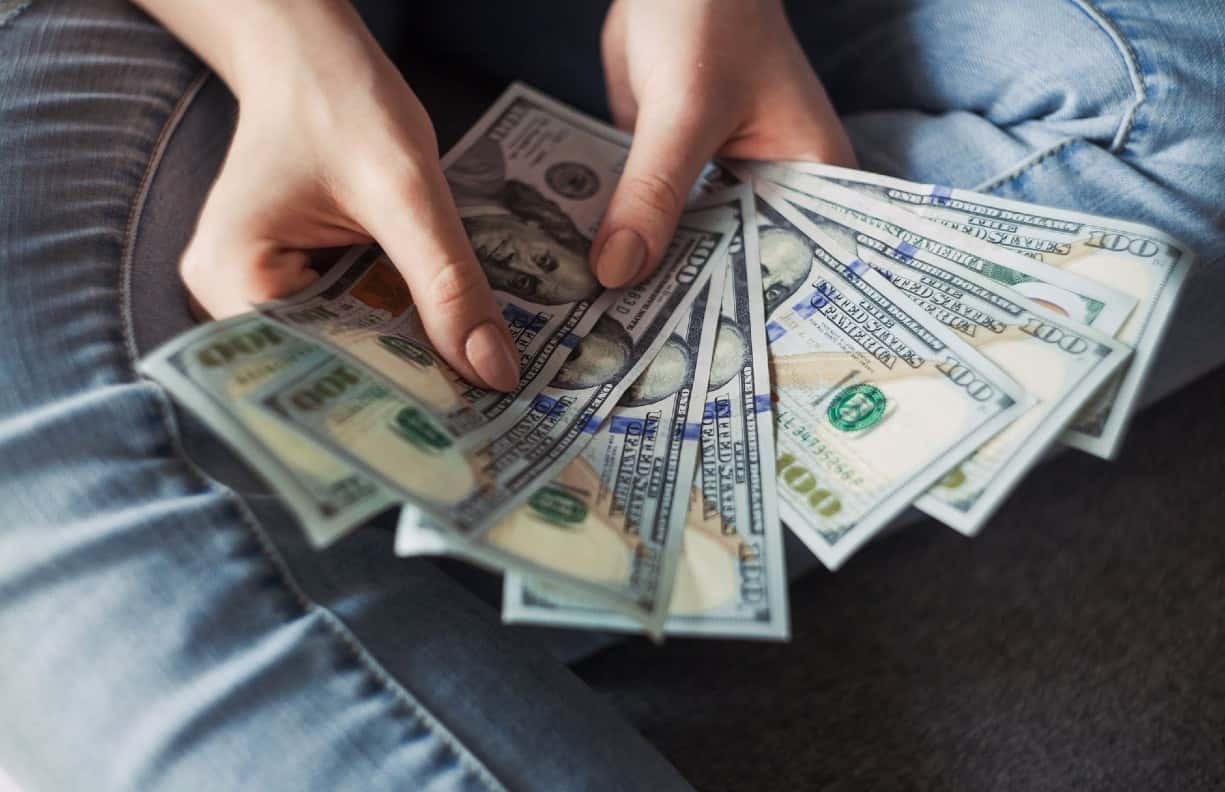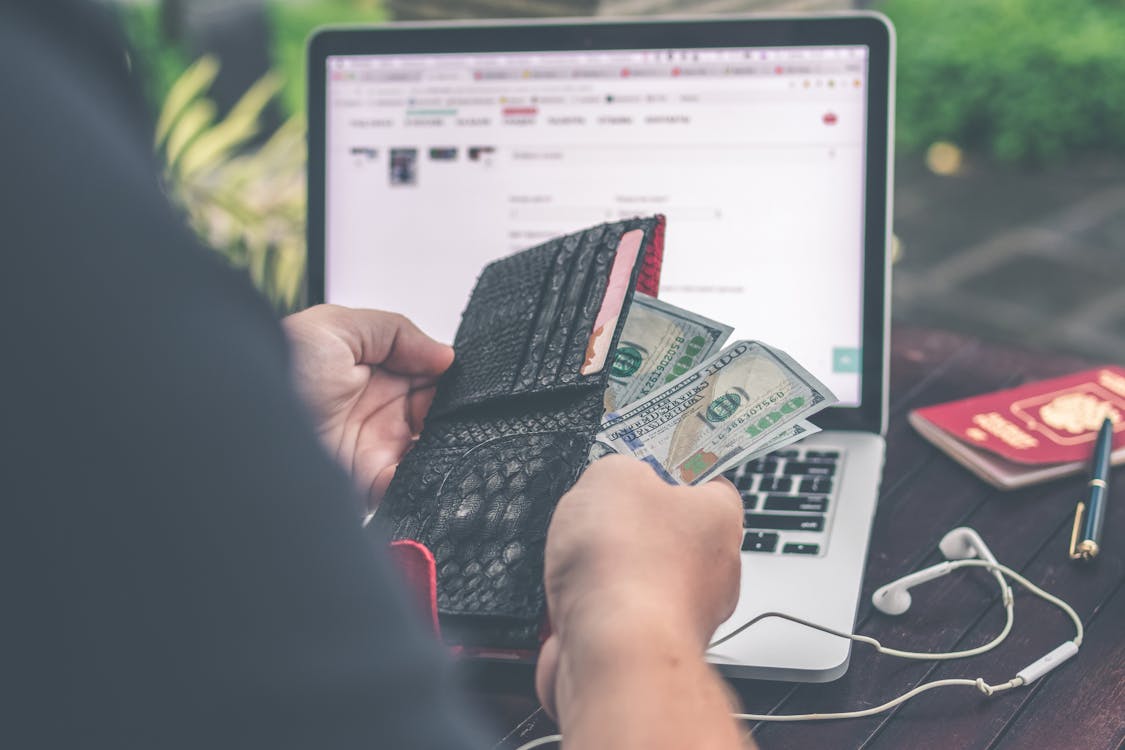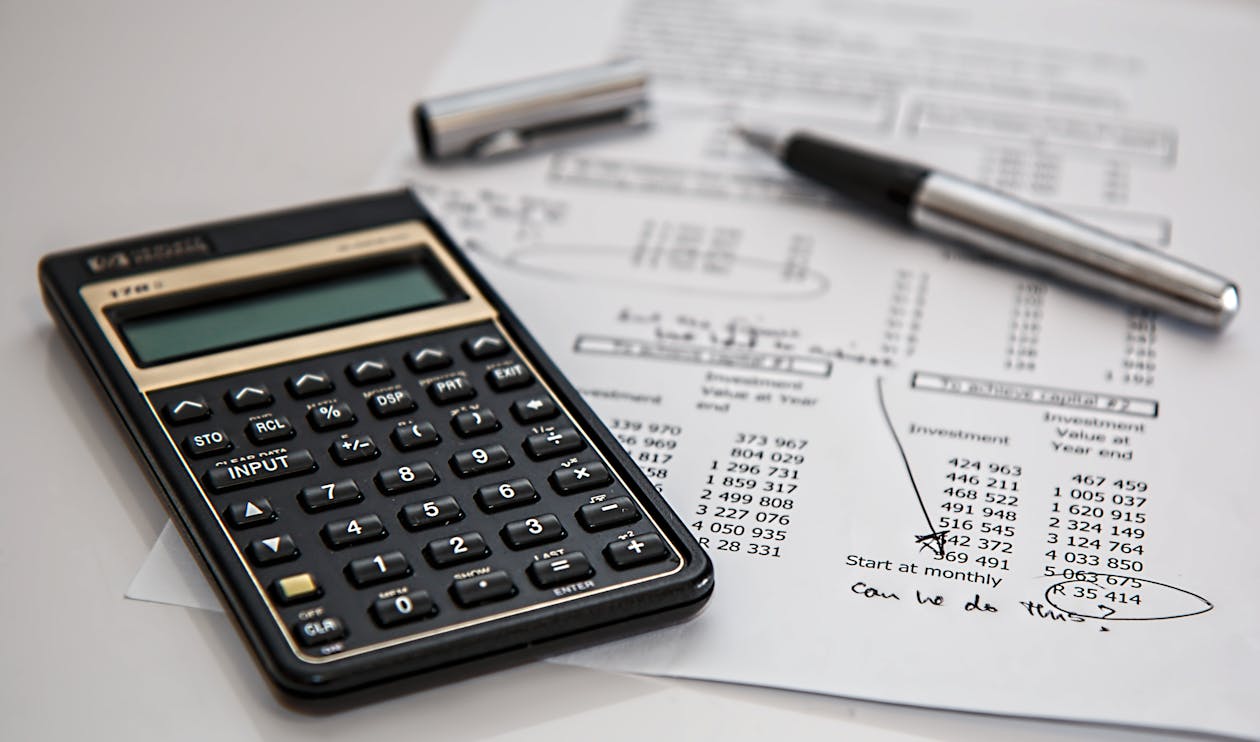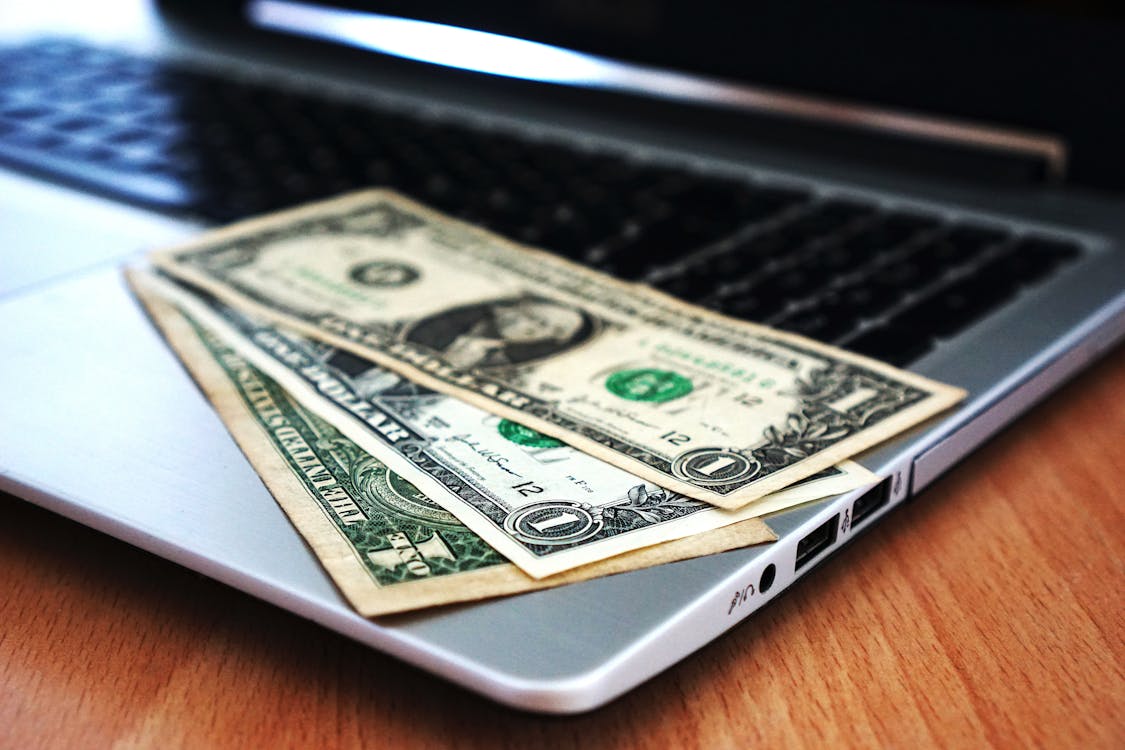Is there any better feeling than receiving a paycheck at the end of two weeks? We can definitely think of something: actually holding onto your cash. As an adult, it gets harder to hold onto your hard-earned money. Between having to pay rent, picking up groceries, and spending here and there on entertainment, money’s not easy to come by.
Research has shown that approximately 37% of Americans don’t have any plans to save for the future. Additionally, the First National Bank of Omaha conducted a survey earlier this year that showed a good chunk of Americans (49%) don’t have enough in savings to last three months. 53% said that they’re also living paycheck to paycheck.
We know those numbers sound scary, but we’re here to help. To avoid getting caught in the same rut, we’ve compiled a few tips to help you save for your future.
Set a Budget
One of the best things you can do for yourself is to set a budget. When you get your paycheck, take note of how much you spend on essentials. From there, take into account how much you spend on non-essentials. If you notice that you’re living outside your means, it’s time to make some adjustments.
Keep your receipts, start a cash diet, or document your spending in a journal. You’ll get a much better sense of your spending when it’s physically in front of you. From there, you can determine how much you should really be spending. Not only do you save at the end of the month, but you also stash money aside for emergencies.
Start an Emergency Fund
Speaking of emergencies, there’s nothing wrong with keeping some cash on deck for such events. In fact, your future self will be infinitely grateful for your past actions. Emergency funds are an essential part of keeping yourself afloat in tough situations. But, how much is necessary?
Your fund boils down to your individual situation. Rather than aiming for a particular number, The Balance suggests you shoot for an appropriate number based on your life. There is such a thing as overfunding your emergency stash, so don’t go broke trying to protect your future self. The Balance suggests considering the recommended amounts from experts and also treating your emergency fund like an insurance plan.
Look Into Your Debts
There’s no denying the convenience of paying with plastic. We don’t need to worry about being out of money when we need it most. The problem, however, with plastic is that we often don’t take our spending into account. One day we have money, the next, we’re completely out.
Credit cards are a huge culprit for debt. But it also stems from things like student loans, car payments, mortgages, etc. When bills and debt become part of your daily life, it’s easy to forget that you should pay more attention to them. Make a commitment to finally get yourself out of debt rather than spend on little things you don’t need. It can definitely take a while, but it’s worth it in the end.
Consider Automatic Savings
Something else you can try is automatic deposits into a savings account. You can easily tweak the settings of your bank accounts online. You can also determine how much you want to save so you won’t get caught with no money. Every two weeks, you’ll deposit a check and a portion of it will go right into a savings account, all without you having to lift a finger. Like many things in life, an automatic deposit will become natural. At the end of six months or even a year, you’ll surprise yourself with how much you can save.
Saving money is never easy, but it’s necessary to ensure a better life for yourself and your loved ones. Having savings feels amazing; it’s certainly better than living paycheck to paycheck. Take your financial planning seriously and you won’t be disappointed with your growing savings account.





